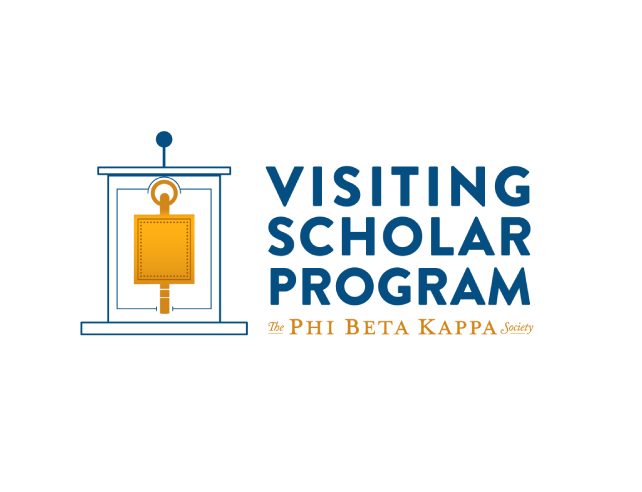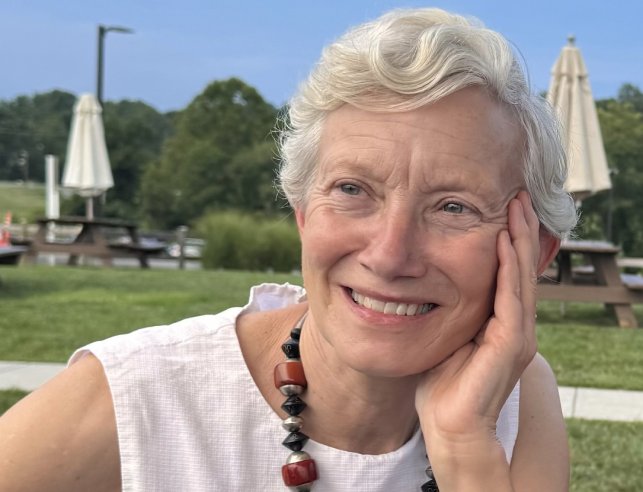Mary Favret, Johns Hopkins University
Mary Favret is a Professor of English at Johns Hopkins University and has been teaching literature for over 30 years to undergraduate, graduate and continuing education students. Her research often considers how experiences that seem distant or beyond our grasp nevertheless penetrate our everyday life and shape our felt reality. A scholar of the late eighteenth and early nineteenth century, she has studied how the disruptions of political revolution inflect the exchange of private letters (Romantic Correspondence: Women, Politics and the Fiction of Letters) and distant warfare filters into the rhythms of home (War at a Distance: Romanticism and the Making of Modern Wartime).
“Jane Austen’s Object World”
March 26, 2026 keynote at the University of Wyoming
Jane Austen’s face and figure have been affixed to ordinary objects of all sorts that circulate across the globe: books, t-shirts, coffee mugs, stuffed dolls, stamps and pound notes. But what role do objects play in the work Austen creates? In fiction renowned for its dialogue and ability to track the inner movements of a character’s mind, who cares about things? If we removed the objects from the novels, what would we lose? This lecture offers a wide survey of the novels written by Jane Austen, and asks what values the novelist places on the object work, not as tangible symbols of abstract ideas, but as actual, material things in the world. What do they tell us about Austen’s world? And to what degree are her characters and her plots dependent upon things?
past visiting scholars
Spring 2024
Dr. Talitha Washington, Director of the Atlanta University Center Data Science Initiative
The Alpha Chapter of Wyoming brought Dr. Talitha Washington to campus April 23-24, 2024. Dr. Washington is the inaugural Director of the Atlanta University Center (AUC) Data Science Initiative, a Professor of Mathematics at Clark Atlanta University and an affiliate faculty at Morehouse College, Morehouse School of Medicine, and Spelman College. Dr. Washington is the Director and lead principal investigator of the NSF-funded National Data Science Alliance (NDSA) and the President of the Association for Women in Mathematics (AWM). She works across Historically Black Colleges and Universities (HBCUs) to increase the number of Blacks with expertise in data science and expand data science research that advocates for social justice.
Spring 2022
Howard Bloch, Sterling Professor of French, Yale University
Gothic Cathedrals and State Building in the High Middle Ages
A consideration of the relationship between the construction of the major French Gothic cathedrals—Saint-Denis, Notre-Dame Paris, Chartres, Amiens, Reims, the Sainte Chapelle—and the consolidation of monarchy in the twelfth and thirteenth centuries. Concentration upon crusade as a driving force of royal unity, cathedral building as an engine for the rise of cities; representations of kingship in the sculpture and stained glass of major churches; the use of religious imagery from the Hebrew and Christian bibles in the affirmation of political legitimacy; the cathedral building site as a forum for social integration; the alliance of the bishop’s cathedral and the king’s justice; the use of ritual for the performance of statehood; and, finally, the restoration of cathedrals after the French Revolution as part of the building of national unity and identity in the nineteenth century. A presentation highly saturated with images.
Spring 2021
Richard Prum
Yale University, William Robertson Coe Professor of Ornithology, Ecology and Evolutionary
Biology, Curator of Ornithology and Head Curator of Vertebrate Zoology in the Yale
Peabody Museum of Natural History
"The Evolution of Beauty"
In this lecture, Yale University ornithologist Richard Prum describes how mating preferences--what Darwin termed "the taste for the beautiful"--create the extraordinary range of ornament in the animal world. In the great halls of science, dogma holds that Darwin's theory of natural selection explains every branch on the tree of life: which species thrive, which wither away to extinction, and what features each evolves. But can adaptation by natural selection really account for everything we see in nature? This lecture presents a unique scientific vision for how nature's splendor contributes to a more complete understanding of evolution and of ourselves. The Evolution of Beauty, recorded 26 Feb, 2021 (video)
Highlights in the history of the PBK Visiting scholar program at uw
Highlights visiting scholars to UW from 1957 - 2021



